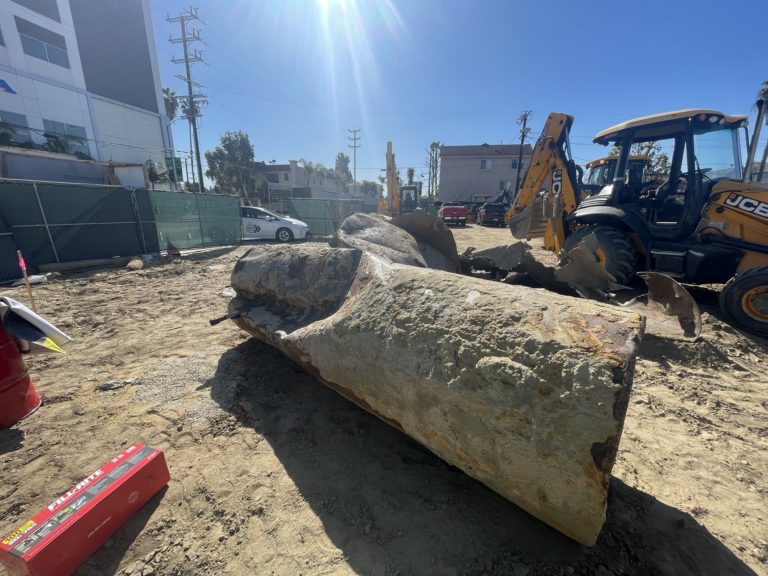Engineering Geology or Geological Engineering
Engineering Geology: Engineering geology is also referred to as “geological engineering,” and is a branch of geology that relates to the study of earth materials and processes, that are juxtaposed to proposed structures such as buildings, retaining walls, dams, roads, pipelines, and more. Whereby geologists assess any potential levels of geological hazard to the proposed structure and prepare a mitigation plan to eliminate the risks of a geological disaster.


